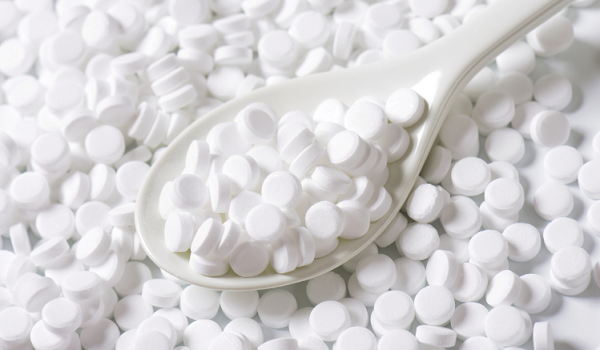The leaked opinion from the World Health Organization’s International Agency for Research on Cancer (IARC) regarding the artificial sweetener aspartame caused some concerns in the food and beverage industry.
The IARC report stated that aspartame could be declared a “carcinogen” but also mentioned that it remains safe to consume within the recommended daily intake guidelines. The report did not recommend companies withdraw products containing aspartame or advise consumers to stop consuming it altogether but rather suggested moderation.
The International Council of Beverage Associations (ICBA), representing major companies such as Coca-Cola and PepsiCo, responded to the report by stating that the IARC has conceded that aspartame poses no greater hazard than many other substances, including aloe vera. They criticized the IARC for categorizing aspartame based on limited and insufficient evidence.
While some industry executives speculated that the report might prompt companies to switch to natural sweeteners, aspartame has been approved by international standards authorities like the US Food and Drug Administration and the UK’s National Health Service.
Medical professionals emphasized that although aspartame has been classified as a possible carcinogen, there is no cause for alarm among consumers. They called for stricter labelling regulations and stated that there is no real proof cited in the report regarding aspartame causing liver cancer. The advice given was to reduce the use of sweeteners, including aspartame, but without panicking or abandoning them entirely.
Health non-governmental organizations (NGOs) called for either a ban on aspartame or limitations on its usage. They believe that the carcinogenic and hazardous risks associated with aspartame have been known for a long time and argue that immediate action should be taken by food safety regulators, such as the Food Safety and Standards Authority of India (FSSAI), to restrict its use.
Regarding the FSSAI, a top official stated that they would review the details of the WHO report through their scientific panel but would base their regulations on their own scientific tests and risk assessment studies, consulting with all stakeholders. They emphasized that any updated guidelines would be independent of the WHO standards.
It is worth noting that low- or zero-sugar products, such as Diet Coke, have contributed significantly to Coca-Cola’s global sales volumes in recent years.


